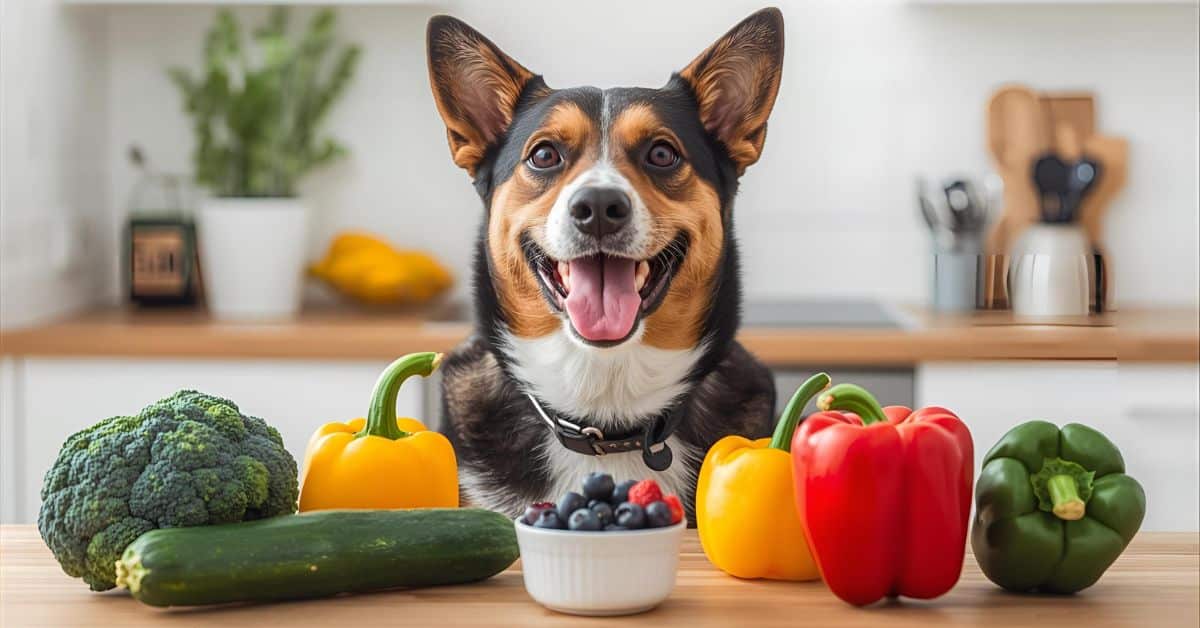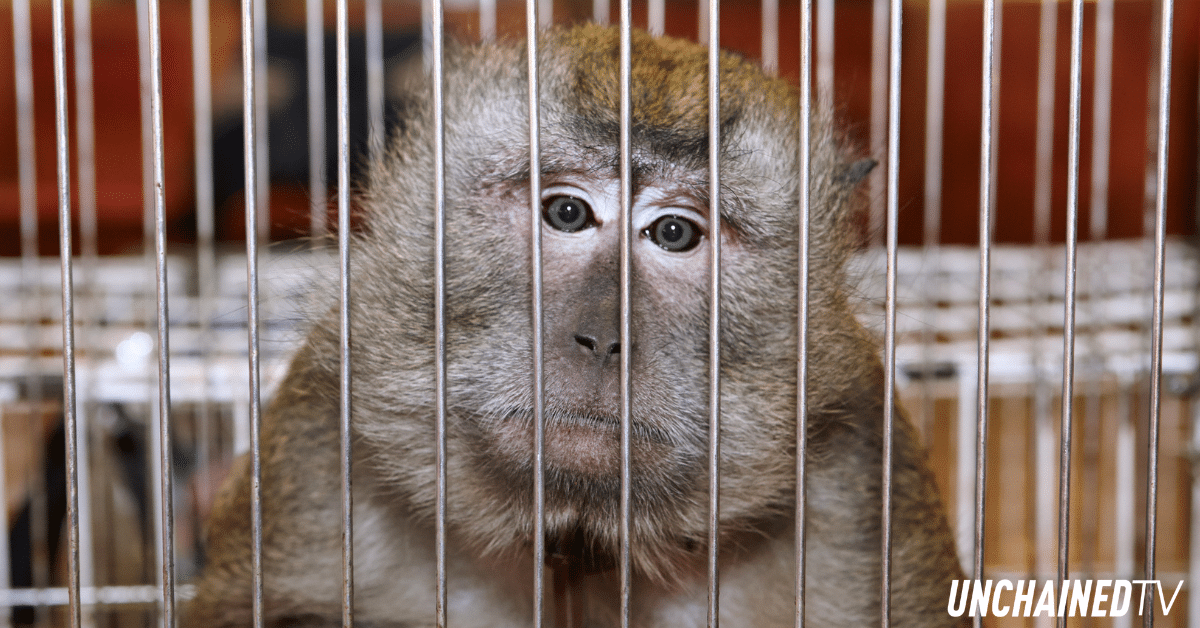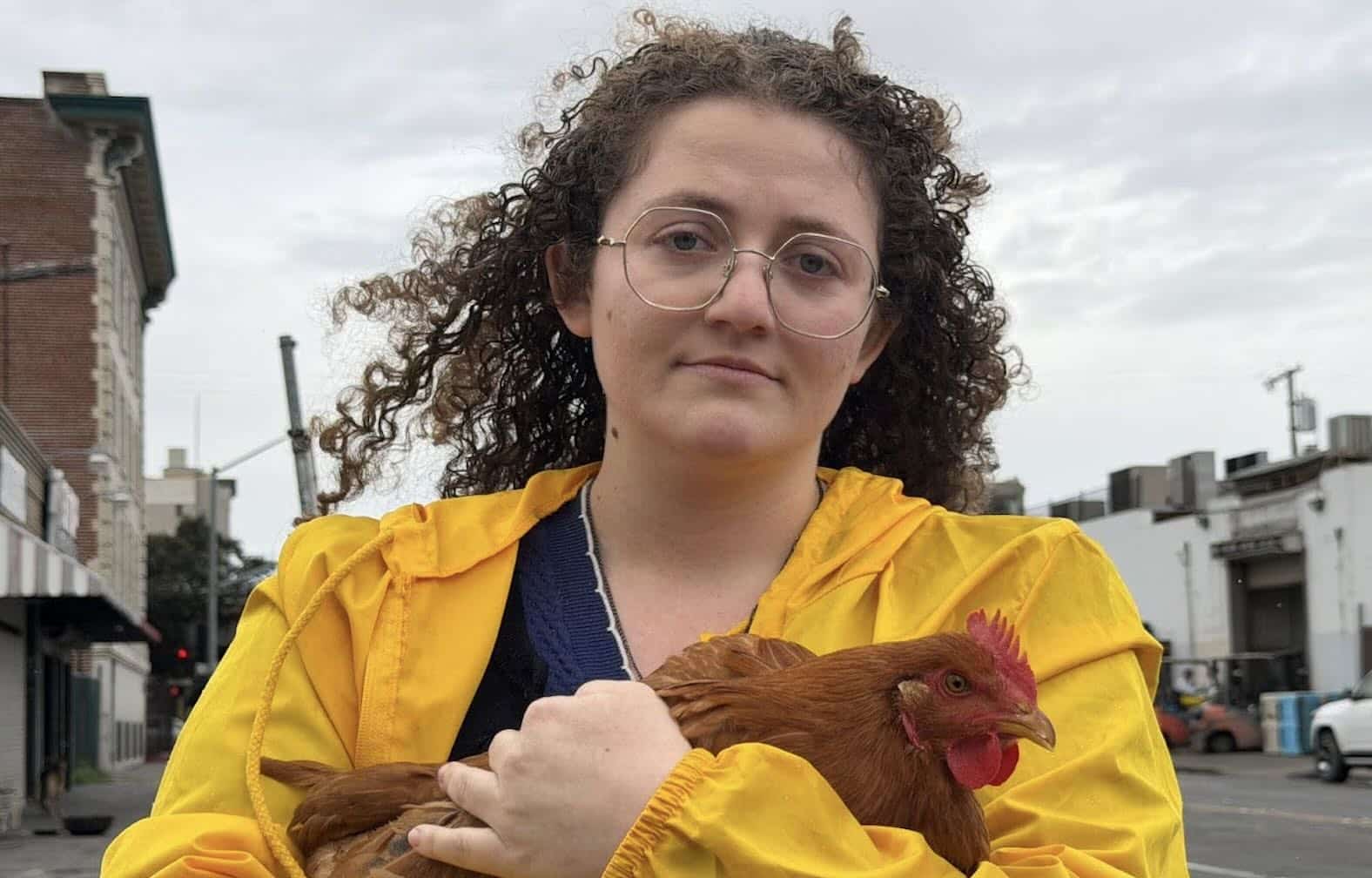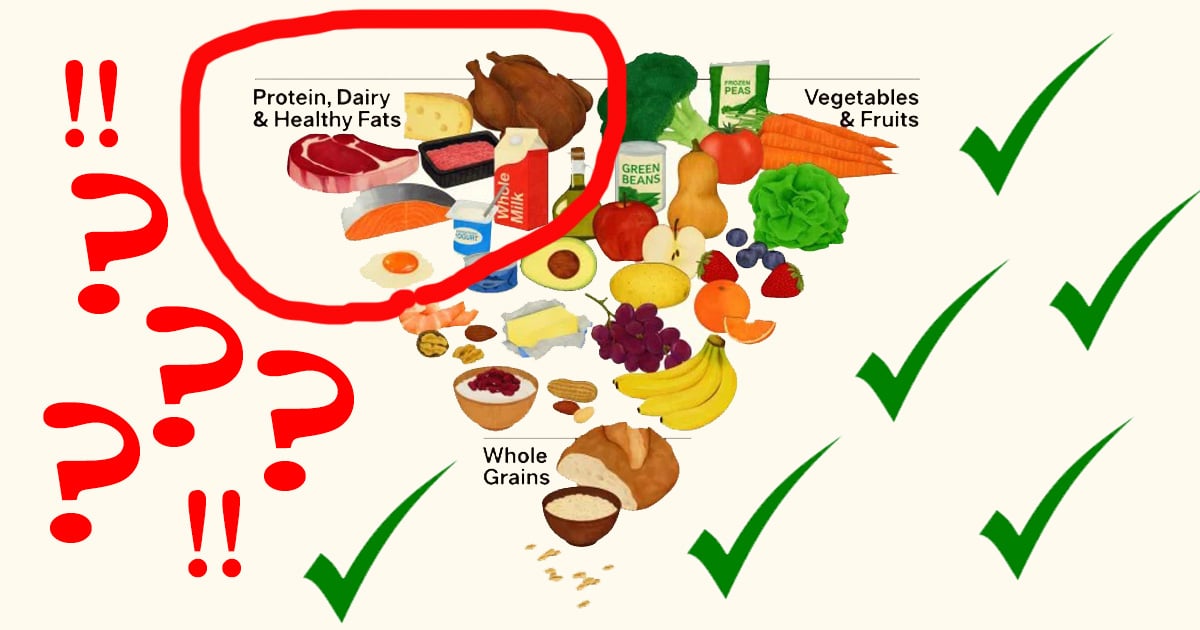Can Dogs Go Vegan? Latest Study Challenges Long-Held Beliefs
Share This
Can dogs go vegan and be healthy? The answer might surprise you!
Ft Wayne, Indiana – September 25th, 2025 – For years, pet parents and veterinarians have debated over a hot-button question: Can dogs go vegan? Critics have warned that removing meat from a dog’s diet is unsafe and unnatural, while animal advocates argue that dogs, as omnivores, can live long, healthy lives on a carefully formulated plant-based diet.
New research, published in the journal PLOS One, is fueling the debate, suggesting that vegan dog food may be just as healthy, and in some cases, even healthier than traditional meat-based kibble.
The study analyzed dozens of commercial dog foods in the United Kingdom and compared their nutritional profiles to the official standards for pet food. The findings? Plant-based formulas stacked up surprisingly well against their meat-based counterparts, challenging long-held assumptions about what belongs in a dog’s bowl.
Inside the Study
Researchers at the University of Nottingham carried out one of the most comprehensive analyses of dog food to date. They gathered 31 commercial dry foods:
- 19 traditional meat-based kibbles
- 6 veterinary-prescribed diets (often low-protein or specialized)
- 6 vegan formulas marketed as complete and balanced
Each food was tested for protein, amino acids, fats, minerals, and vitamins, and then compared to the guidelines of the European Pet Food Industry Federation (FEDIAF).
What they discovered may surprise even seasoned vets.
Nutritional Highlights
Protein: All plant-based vegan dog foods provided sufficient protein. Some even exceeded the amino acid levels found in meat-based formulas.
Essential fatty acids: Every food tested, plant-based or otherwise, met requirements for key fatty acids like linoleic acid and alpha-linolenic acid.
Vitamins and minerals: Here, the picture was mixed. None of the diets, regardless of ingredients, were perfect. Plant-based foods were sometimes low in iodine and certain B vitamins (B3, B9, B12). But several meat-based and prescription diets also showed deficiencies. And, those vitamins can be added to plant-based meals for dogs with easily available supplements.
The big takeaway: nutritional gaps weren’t unique to vegan foods.
What This Means for Dogs
For decades, the conventional wisdom has been that dogs require meat. This research complicates that narrative. Dogs are omnivores, with digestive systems that can process both animal and plant-based foods.
“Plant-based feeding can provide nutritional adequacy with respect to the majority of macro- and micronutrients,” the researchers wrote, noting that iodine and B-vitamin shortfalls could be easily corrected with supplementation.
That means the notion that vegan food is inherently incomplete doesn’t hold up under scientific scrutiny.
Busting the Myths
Myth 1: Dogs Can’t Get Enough Protein from Plants
Not true, says the data. The vegan diets tested contained all the essential amino acids dogs need, including lysine and methionine. In fact, some branched-chain amino acids important for muscle maintenance were more abundant in the vegan foods than in meat-based kibbles.
Myth 2: Only Meat Provides Healthy Fats
The study found that all foods provided adequate fatty acids. Plant-based recipes achieved this through flaxseed, rapeseed, and sunflower oils, among others. Some even had healthier fat profiles, with lower saturated fat levels than those found in meat-based foods.
Myth 3: Vegan Dog Food Is Dangerous
The reality? Both vegan and meat-based products showed room for improvement. Some prescription diets had serious amino acid deficiencies by design (to manage kidney disease). Others, whether plant-based or animal-based, failed to meet FEDIAF vitamin standards. The bigger issue may not be “vegan vs. meat” but whether manufacturers are formulating carefully and transparently.
A Growing Trend With Wider Impact
The findings arrive at a time when interest in vegan pet diets is on the rise. Surveys show that as more people adopt plant-based lifestyles, they’re eager to extend those values to their pets. Ethical concerns about feeding other animals to companion animals weigh heavily on many vegans.
There’s also the environmental factor. The pet food industry is responsible for a significant share of global meat consumption. By reducing reliance on animal products in kibble, manufacturers could help lower greenhouse gas emissions, land use, and water consumption.
If dogs can thrive on vegan food, the ripple effects extend far beyond individual pets.
Healthy and Balanced Vegan Dog Foods
The study highlights that vegan diets aren’t just possible for dogs; they’re already being formulated to meet nutritional needs. While iodine and B vitamins are areas to watch, these can be easily addressed with supplementation, much like in human vegan foods.
What matters most is choosing products labeled “complete and balanced,” which ensures the food has been designed to meet official standards. The research confirms that when these guidelines are followed, vegan dog foods can stand alongside, and in some cases, outperform traditional meat-based diets.
Veterinary experts still caution against throwing together homemade meals without guidance. However, with professionally designed, commercially available vegan foods, the evidence is clear: dogs can be vegan and thrive on a plant-based diet.
The Future of Dog Food
No food, whether plant-based or meat-based, in the study passed with flying colors. That fact underscores a larger problem: the pet food industry as a whole has work to do.
Still, the researchers believe vegan formulations have huge potential. With minor adjustments, they could match or even surpass traditional diets in meeting nutritional standards. Companies are already working to fortify vegan products with iodine and B vitamins, much like human vegan foods are fortified with B12.
Given the growing demand from consumers and increasing environmental concerns, the rise of vegan dog food seems inevitable.
Do Dogs Need to Eat Meat to be Healthy?
One of the most common objections to vegan pet diets is the belief that dogs are carnivores who must eat meat to survive. While dogs share ancestry with wolves, thousands of years of domestication have changed both their physiology and their nutritional needs. Dogs are omnivores.
That means they can digest carbohydrates, absorb nutrients from plants, and thrive on a variety of foods, provided those foods are nutritionally complete. The study reinforces this point, showing that plant-based formulas can provide dogs with the proteins, fats, vitamins, and minerals they need to live healthy lives.
In short, meat isn’t a requirement for survival — balanced nutrition is. This research shows that dogs can achieve that balance from vegan foods just as well as from meat-based kibble.
So, Can Dogs Go Vegan?
This study suggests that yes, dogs can thrive on vegan diets. When carefully formulated and supplemented, plant-based foods provide the nutrients dogs need to live healthy, active lives. For pet parents who care about ethics, sustainability, and animal welfare, that’s groundbreaking news.
Far from being “dangerous,” vegan dog food is now emerging as a proven, science-backed alternative that stands shoulder to shoulder with traditional kibble — and in some cases, surpasses it. As more companies invest in research and fortification, the options for healthy, plant-based pet food will continue to expand.
So the next time someone asks, Can dogs go vegan? You can point to the latest science and say with confidence: “Yes, and they can thrive!”
Share This
Latest News
Stay Tuned In
Be the first to know when new shows drop! Plus, get the hottest headlines, inspiring stories, and behind-the-scenes extras. Sign up and keep streaming!
you might also like
BREAKING: OHSU Board Votes to Begin Negotiations to End Monkey Experiments, Transition Center to Sanctuary In a significant development for animal research policy, the Oregon Health & Science University (OHSU) Board of Directors has voted [...]
Animal rights activist Zoe Rosenberg is no longer confined to her home. Los Angeles, Ca. February 12th, 2026 - After 717 days wearing an ankle monitor and serving 45 days in jail or on house [...]
Embracing vegan resolutions in 2026 can significantly enhance your health and environmental impact, with studies showing that well-planned vegan diets may be able to radically reduce the risk of chronic diseases while cutting your carbon [...]









